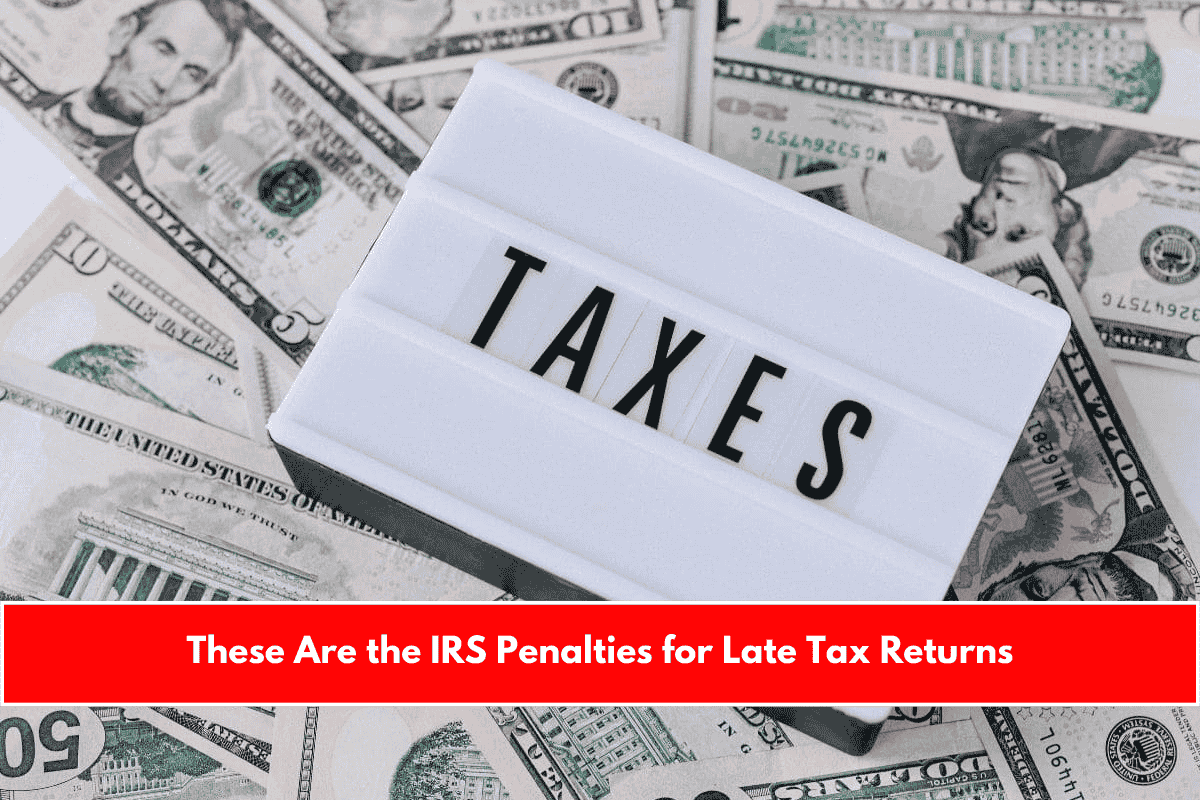April 15, 2025, was the official deadline to file tax returns with the Internal Revenue Service (IRS) in the United States. Many people managed to submit their tax returns on time, but for those who didn’t, there are now penalties to face. These penalties can grow each month and make things financially harder the longer the delay continues.
For some, filing taxes is just a way to get a refund. But for others, it means paying money to the government. If you didn’t file your return or pay your taxes by the deadline, the IRS automatically starts adding penalties and interest. This can lead to a much bigger amount due than expected.
If you or someone you know missed the tax deadline, it’s important to understand what happens now and how you can fix the situation before it gets worse.
IRS Late Tax Filing Penalties in 2025
The IRS has two main types of penalties for people who miss the tax deadline. One is for not filing the return, and the other is for not paying the taxes owed. These penalties are added together, making the final amount much higher over time.
Here’s a simple breakdown of the two main penalties:
- Penalty for not filing the return: This is 5% of the unpaid tax for each month (or part of the month) that the return is late. This can go up to a maximum of 25% of the total tax owed.
- Penalty for not paying taxes on time: This is 0.5% per month of the unpaid amount. Like the filing penalty, it can also grow up to 25%.
- Interest on unpaid taxes: In addition to the penalties, the IRS also charges interest on the amount you owe. This interest changes every three months depending on current rates.
If you were supposed to get a refund and you didn’t owe any tax, then no penalties are applied. But if you owed the IRS and did not file anything, the total cost increases every month.

What to Do If You Missed Filing Your Tax Return
If you haven’t filed your 2024 tax return yet, the most important thing is to take action immediately. Every extra month adds more penalties, so filing late is better than not filing at all.
You can still file your return and reduce some of the damage. Here’s what you can do:
- File your return as soon as possible: Even if you can’t pay right now, it’s better to file. It stops the 5% monthly penalty for failure to file.
- Request a payment plan: If you owe money and can’t pay all of it at once, the IRS lets you set up a monthly payment plan.
- Ask for penalty relief: If this is your first time missing the deadline or if you have a good reason (like illness, missing documents, or a disaster), you can ask the IRS to reduce or remove the penalties.
- Claim your refund: If you were owed a refund and didn’t file, you still have up to three years to claim it.











Leave a Reply